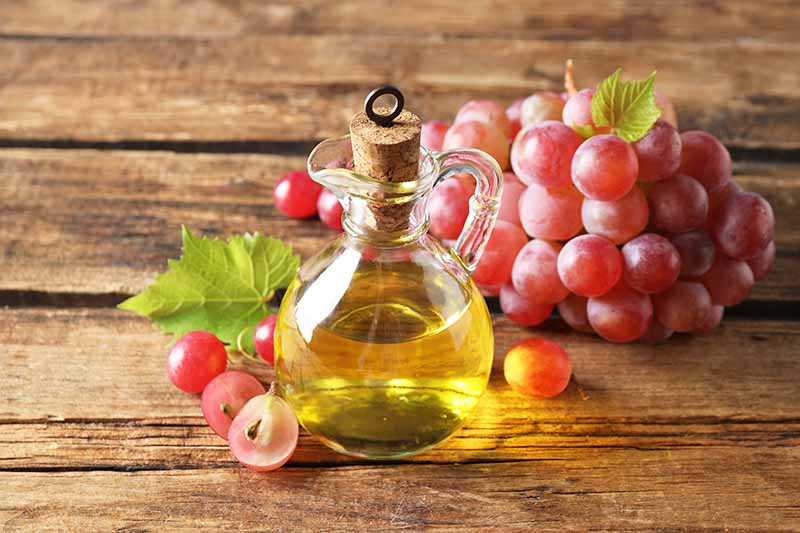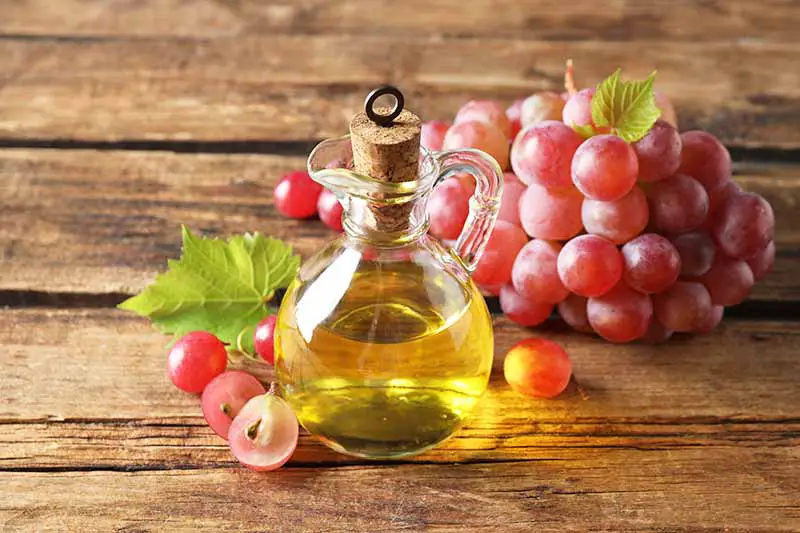Which is Better: Avocado or Grapeseed Oil for Beauty?
When it comes to natural oils, avocado oil and grapeseed oil frequently spark debate among beauticians and skincare enthusiasts alike. Choosing the right oil can influence not only your skincare ritual but can also enhance the beauty treatments you offer to clients. This article extensively discusses the vital attributes of each oil and how they impact beauty routines.
The question on everyones lips is which is better avocado or grapeseed oil? Understanding the unique properties of each oil can guide you in making informed choices for either personal or professional beauty purposes.

Types of Oils: An Overview
Both avocado oil and grapeseed oil have become highly sought after in the beauty industry due to their unique properties. Avocado oil, derived from avocados, is rich in vitamins and fatty acids, while grapeseed oil is extracted from the seeds of grapes leftover from winemaking. Each of these oils has distinct qualities that appeal to various skin types, making them vital components of skincare formulations.
Avocado Oil: Nutritional Powerhouse
Avocado oil stands out as an incredibly nourishing oil suitable for a wide array of skin types. Its high fat content results in a rich consistency that can provide extensive hydration.
Its composition includes:
- Monounsaturated Fats: Ideal for cell regeneration.
- Vitamin E: Acts as a potent antioxidant.
- Potassium: Aids in hydration.
Due to these properties, avocado oil is particularly effective in addressing dry, flaky skin.
Grapeseed Oil: A Silky Alternative
Grapeseed oil, on the other hand, is a lighter oil that absorbs quickly, making it suitable for oily skin types. Its light texture allows for easy layering in skincare routines.
Notable components include:
- Polyunsaturated Fats: Help in maintaining moisture.
- Linoleic Acid: Good for acne-prone skin.
- Antioxidants: Fight free radicals.
This combination makes grapeseed oil invaluable in helping balance oily skin without clogging pores.

Comparative Analysis: Avocado vs. Grapeseed Oil
Hydration vs. Absorption
Avocado oil is significantly denser, providing deep hydration. It's especially beneficial for dry or mature skin types that demand moisture and nourishment. Grapeseed oil, in contrast, is much lighter, making it a great choice for individuals who seek a non-greasy finish on the skin.
Vitamins and Nutrients
Both oils are rich in vitamins, but avocado oil boasts higher levels of vitamin E, making it fabulous for skin repair. Grapeseed oil contains a broader spectrum of antioxidants, allowing it to effectively combat signs of aging.
Check out more about the benefits of grapeseed oil.

Usage in Beauty: How to Implement These Oils
In Skincare Regimens
Both avocado and grapeseed oils can be incorporated into skincare routines. Avocado oil can be used as a nourishing facial oil or included in moisturizers to provide a boost of hydration. In contrast, grapeseed oil is great for oily skin types as a lightweight moisturizer or as part of an oil-free formulation.
Make-up Application
Consider using avocado oil for a moisturizing primer that leaves the skin glowing. Grapeseed oil, due to its lightweight nature, can serve as a makeup remover, effectively breaking down product without leaving a greasy residue on the skin.

Common Questions: FAQ Section
1. Can you mix avocado oil and grapeseed oil?
Yes! These oils blend well together, allowing you to harness their collective benefits.
2. Which oil should I recommend for hair treatments?
Avocado oil is often preferred for deep conditioning treatments due to its richness, while grapeseed oil can help with shine and frizz control.
3. Is one oil more suitable for cooking?
While both oils have culinary uses, avocado oil has a higher smoke point, making it ideal for cooking. For more on smoke points, visit this smoke point guide.
Making the Choice: Which to Use and When?
Ultimately, the choice between avocado oil and grapeseed oil will depend on the individuals skin type and specific skincare needs. As a beautician, understanding your clients needs will help you better cater to their unique requirements.
When developing beauty products or services, consider blending these oils to provide a tailored experience. The synergistic effects can lead to remarkable results.
Conclusion
In conclusion, knowing which is better avocado or grapeseed oil is essential for any beauty professional. Each oil holds its unique pros and cons, and the best choice lies in understanding your client's needs. Remember to test both oils in your beauty regimes and keep an eye on how your skin responds.
As an Amazon Associate, I earn from qualifying purchases.

